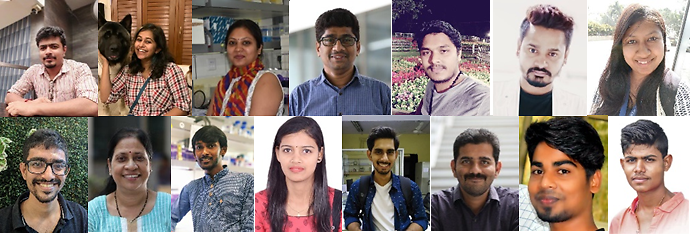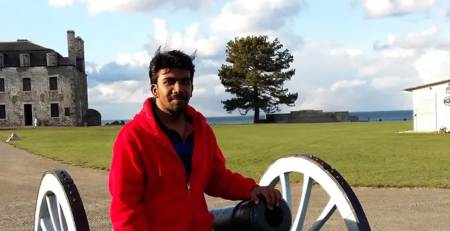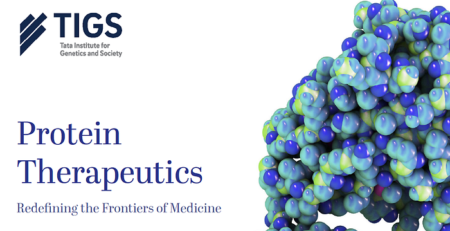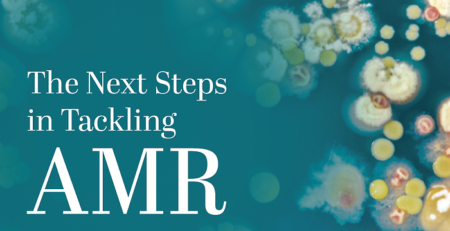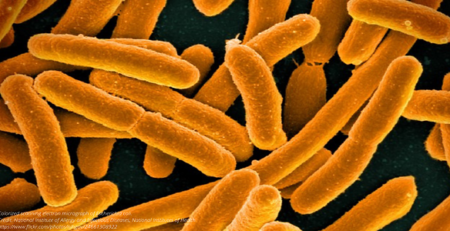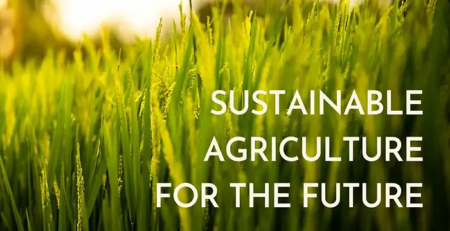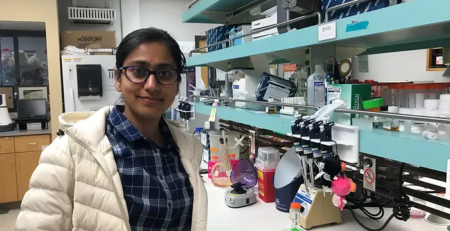The novel Coronavirus (COVID-19) has affected almost every country in the world and India is no exception. To control the spread, the Indian government initially imposed a mandatory countrywide lockdown for 21 days, which has now been extended. TIGS in the NCBS campus also had to follow all the directives issued by the Government. To deal with this challenge, the Senior Leadership of TIGS quickly decided to stop and freeze any experiments that were being conducted and a COVID emergency response team was created through voluntary participation to ensure that live cultures of mosquitoes, flies and plants were maintained. Additionally, the cold storages where plasmids, cell lines and collected specimens were stored for revival, as conditions improve, were monitored regularly during this lockdown period. In spite of all odds the emergency response team consisting of Naveen Kumar, Shyam Sura, Divij, Leena, Deepak, Ayanthi, Nirmal, Khusboo, Surendiran, Mandar, Chaitali, Vidyasagar, Soumya, Girish and JoyDeep Roy did a brave job by venturing out and providing outstanding support to the emergency work that was required. All of us from TIGS are highly thankful to them and gratefully acknowledge their contributions. With all these efforts, we are staying strong and believe that we will continue to partner with the community in combating healthcare and agriculture related issues.
14Apr

